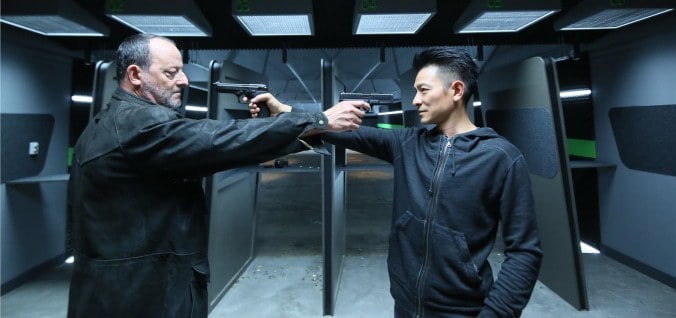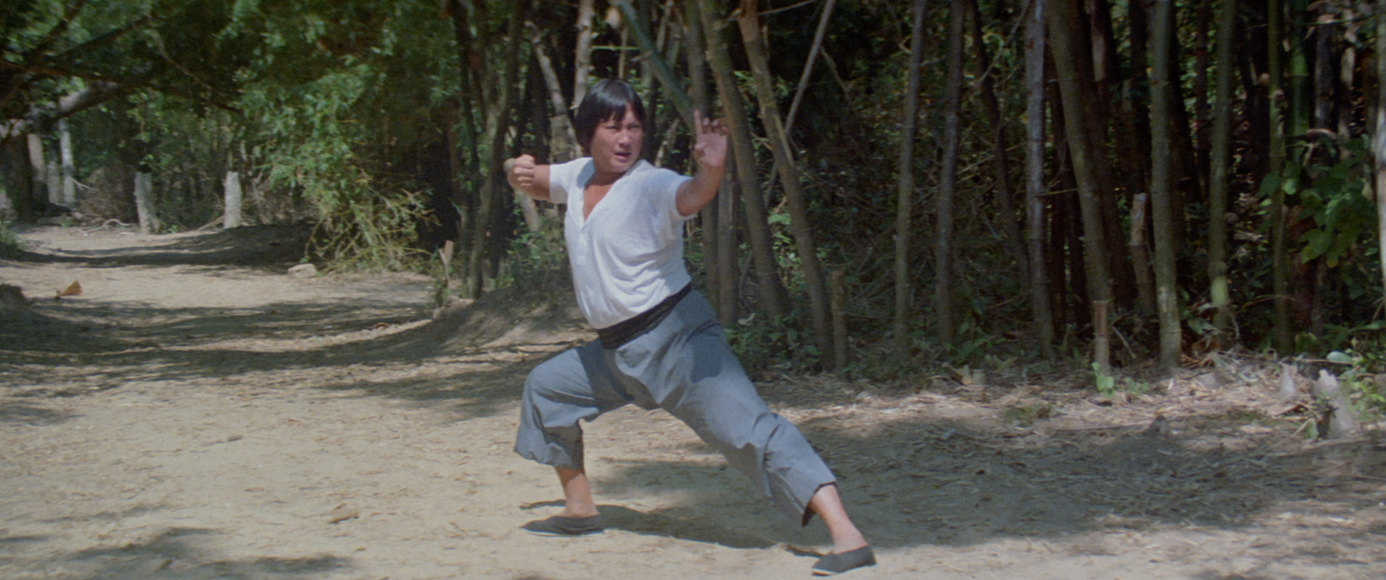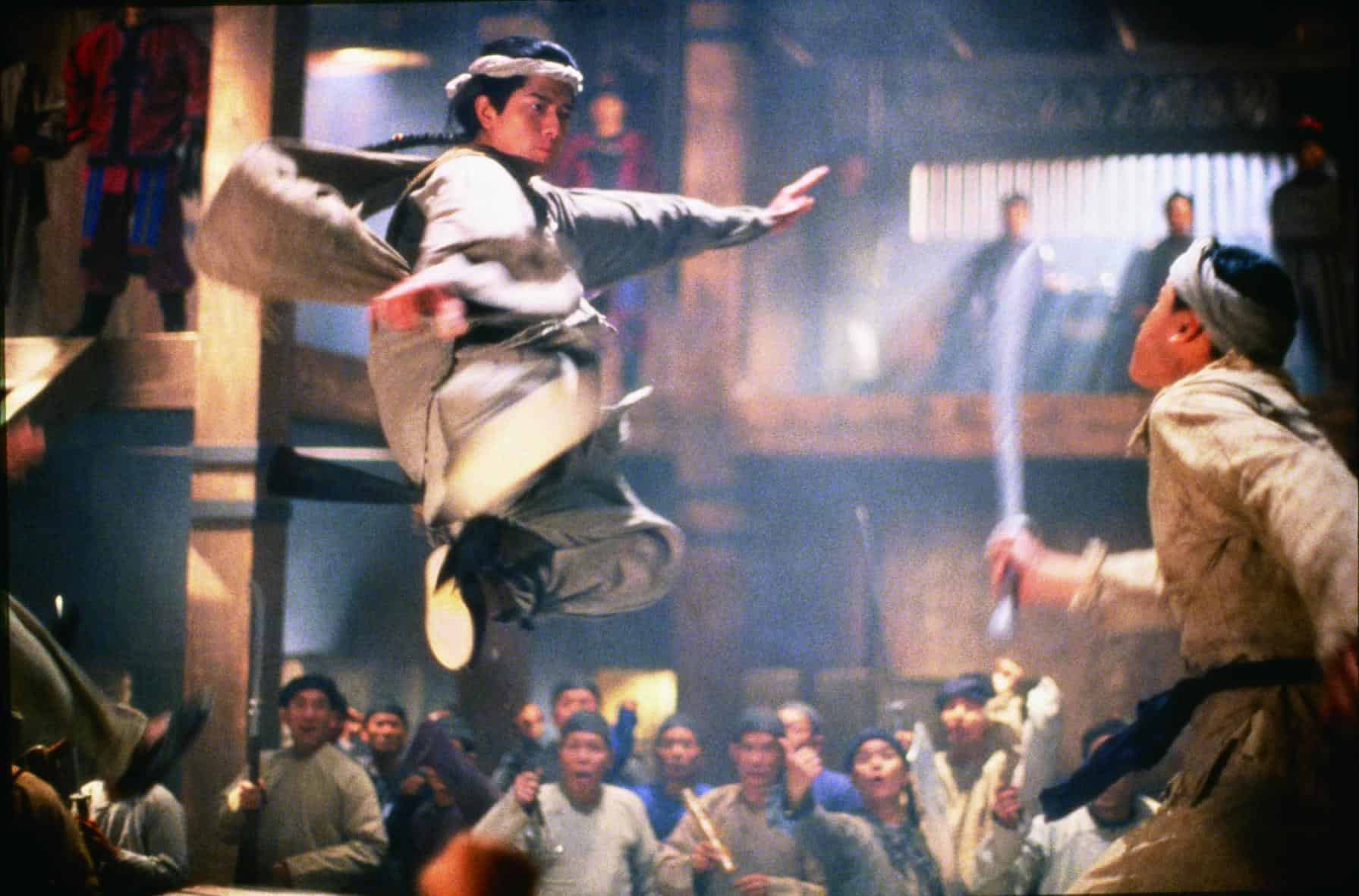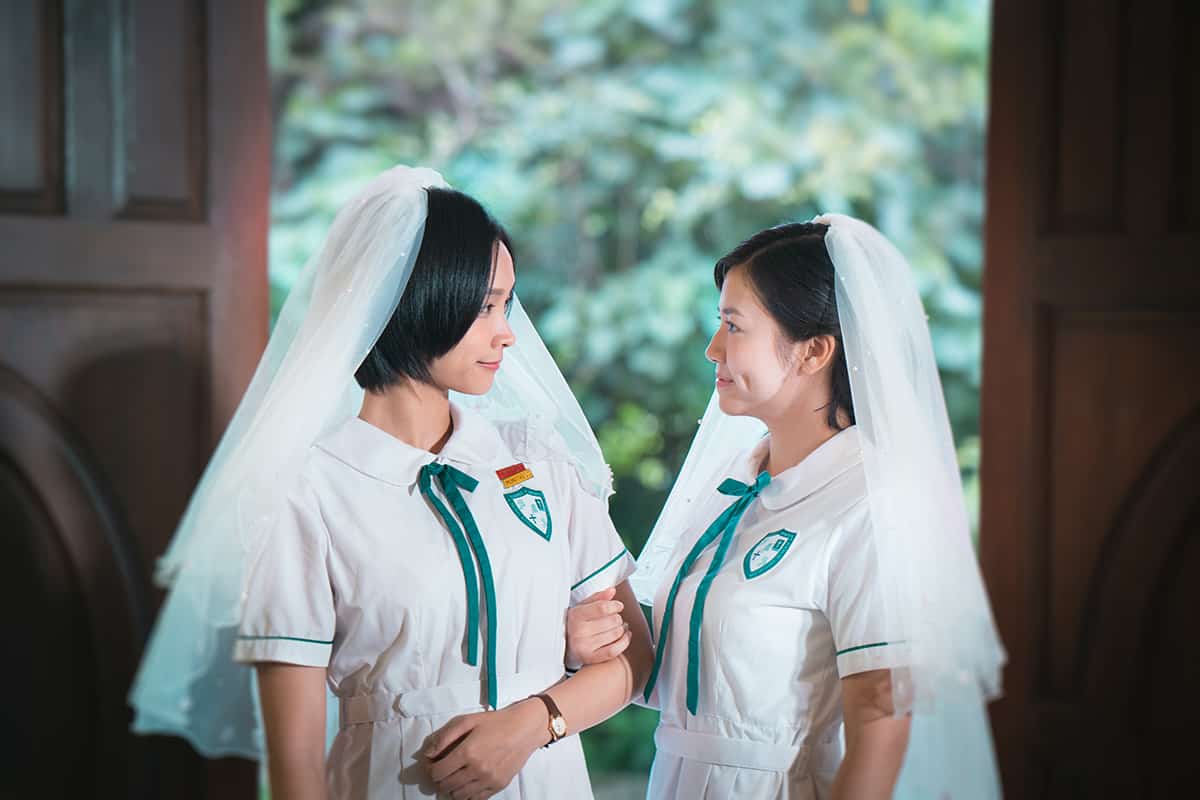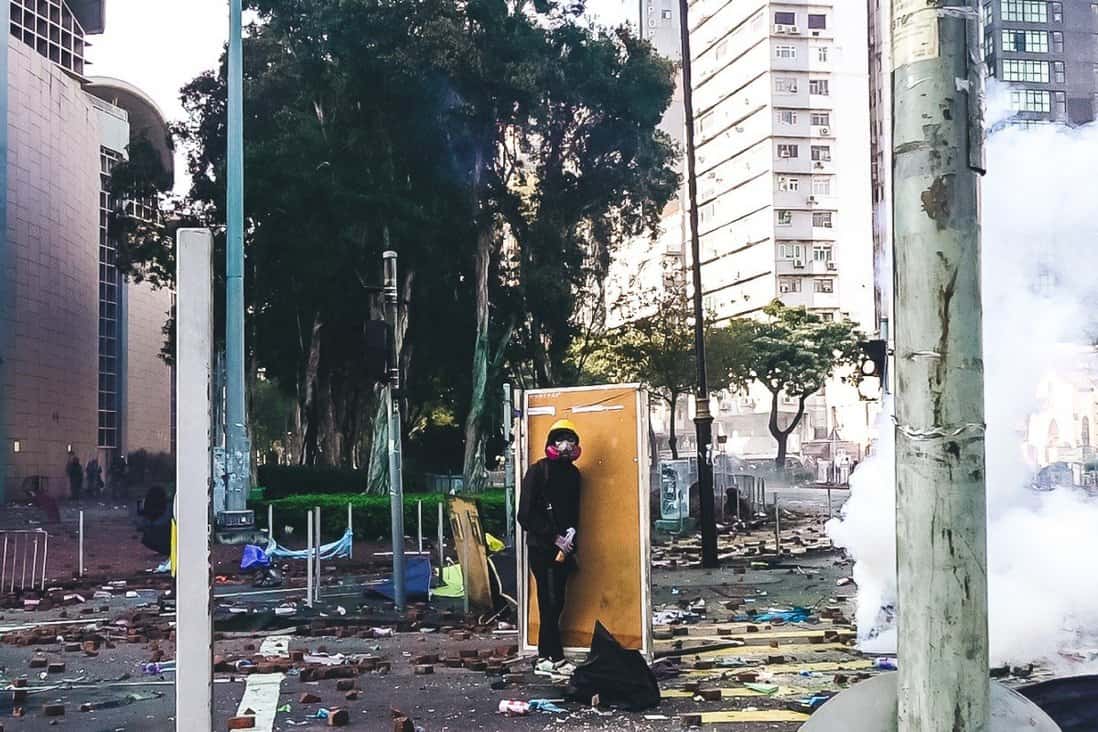Our cultural observations can prove to be quite fascinating, especially when it comes to reviewing films. What one might see, another sees something entirely different. “The Reincarnation of Golden Lotus” is a classic example. Reincarnation is more deeply rooted in Chinese culture than it is in the West. The past and present tend to walk alongside each other with traditions merging with modern day life whilst we in the West, tend to look more rationally and are not as ready to accept things. Watching a film such as this then gives an insight to this theme and to watch is to understand.
Buy This Title

Lotus (Joey Wang) declines to accept forgetfulness before being reincarnated and only wants revenge on those that caused her death. Reborn as Shan in the midst of the cultural revolution, she is first raped by her teacher (Ku Feng) and betrayed by the object of her affections Wu Lang (Wilson Yam). Excluded, she lives by herself, with the locals treating her as a promiscuous good for nothing. Wu Da (Eric Tsang) meets her and takes her back to Hong Kong to be his bride. On their wedding day, his grandmother refuses to accept her, saying she is bad luck. Wu Da, a relatively simple man, tries to give her everything, including a car chauffeured by Wu Lang. Shan does not really love Wu Da and tries to seduce Wu Lang. As she does so, memories of her past life come back and slowly Lotus begins to take over, resulting in an affair with Simon (Pal Sinn). As the past and present begin to merge, the sins of the past begin to repeat themselves as events spiral out of control.

Joey Wang gets a very challenging role to sink her teeth into. Not only do we get flashbacks to the past life that is the catalyst for the main story, but she gets to play a character that does struggle to engage any real empathy with the audience. The outset shows how she is both abused and betrayed, which should get a viewer on her side. From then on, it gets a little murkier. It's clear she is nothing more than a trophy wife but accepts this as a means to an end. There's an argument that could be made that these flashbacks are in fact a manifestation of her own unhappiness, but that is taken a far more psychological interpretation. Yet look at the seduction of Wu Long. The initial attempts are clumsy and only when Lotus appears to be in control does it come close to success, only for fate to intercede. Her interactions with Simon reflect Lotus's seductive prowess and ultimately lead to her destruction. Throughout, Joey Wang looks absolutely stunning and this feature is a reminder of just how talented she was as a performer when allowed to embrace a darker side to her persona. There are even a couple of nice nods to her regular typecasting in the fashion shoots.
Reincarnation is a recurring theme in Chinese cinema and the notion of past lives interacting with the present is something considered far more seriously than here in the @est. When offered the chance to start a new life afresh, Lotus chooses revenge. Yet revenge is not delivered in the way anticipated. Instead here the reincarnation leads to a revisiting of the same situations. Whilst the characters may change personalities, the sins of the past cannot be overcome. This gives the production an air of impending tragedy. These lives have been lived already and the fate is already predetermined. It's just a question of how these events will unfold.
Eric Tsang has, over the years, become one of the finest character actors in the industry. This is sadly not one of his finer performances and unfortunately, hinders the dramatic element. Wu Da is set up as naive from the outset but his cartoonish playing doesn't generate much sympathy. His man-child character surrounded by sisters and mother comes across as grating. There are moments such as his self-awareness about Lotus's looks that offer an insight to a more interesting character than we actually get. It's a comical role that feels out of place in the overall context and a rare misstep. I get that it accentuates Shan's loneliness but given Wu Long is a weak character too, the love triangle is not a dramatic a dilemma as it should be.
This is counterbalanced by some intriguing supporting acts. Pal Sinn is great as the hedonistic Simon. The final catalyst for the unleashing of the past into the present. A completely amoral character, he only appears in a few scenes but gets to steal them when he does. Chaio Chiao crops up almost as a bookend to the story as the fortune teller. Further adding depth to the idea of the almost time loop element of reincarnation. She is a Greek chorus, prophesising doom that like Cassandra, her words fated to be ignored. Veteran actor Ku Feng adds his features to the opening scenes where he as one of the teachers leads a young Shan to her fate. There is criticism of the cultural revolution that we probably wouldn't see today. Ideals are upheld by individuals that are flawed and then hide behind them. Times may change but people remain the same.
The direction by Clara Law is sublime. The whole piece flows smoothly with exquisite camerawork. The set design too is well constructed, from the detailed reconstruction of 1960's China to the flashier Hong Kong housing, complete with garish features. The flashbacks by contrast are a little more minimal and dreamlike which fits with the idea that these are moments that flow through Shan.
“The Reincarnation of Golden Lotus” is one of the more interesting pieces in Joey Wang's career. With her consistent casting as lovelorn spirit, you would expect something similar here given the story's outline. Yet this is something more. The supernatural never really dominates until the finale and for the most part, the story is set in the modern era. The central love triangle never really hits and that is a fundamental weakness that hurts the dramatic element. The past characters are vile but the newer ones neither deserve their fate, nor do they engage. As such, the tragedy doesn't register emotionally as it should. Aside from that, we get great visuals and a stunning femme fatale in Joey Wang. So while not the classic it could have been, it is a really interesting piece that reflects the seriousness in how reincarnation is taken in another culture. One for those looking to understand Hong Kong and Chinese cinema and the traditions that cross over into a modern society. So whether you see it as a woman's spiral into madness or fate taking hold, it's one to watch with interest.



